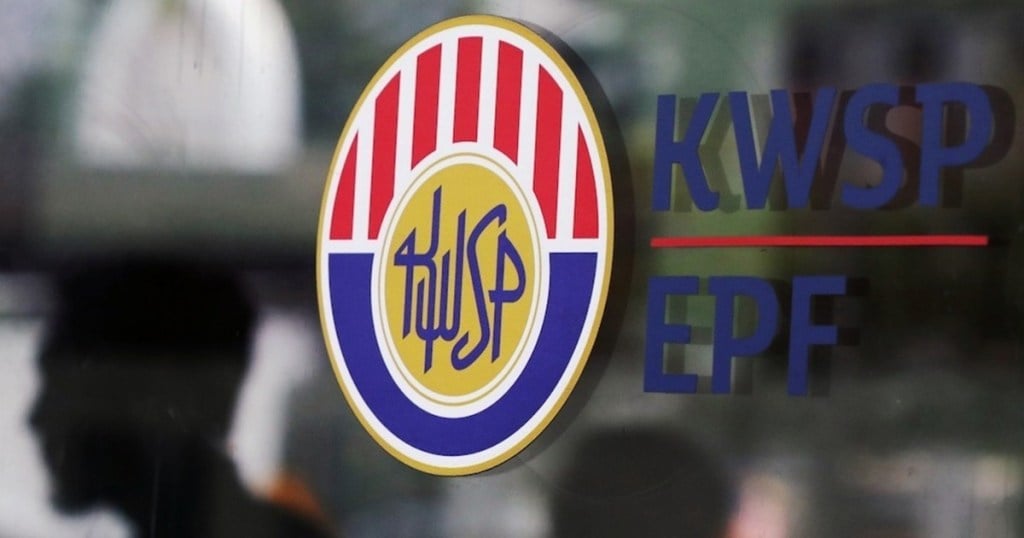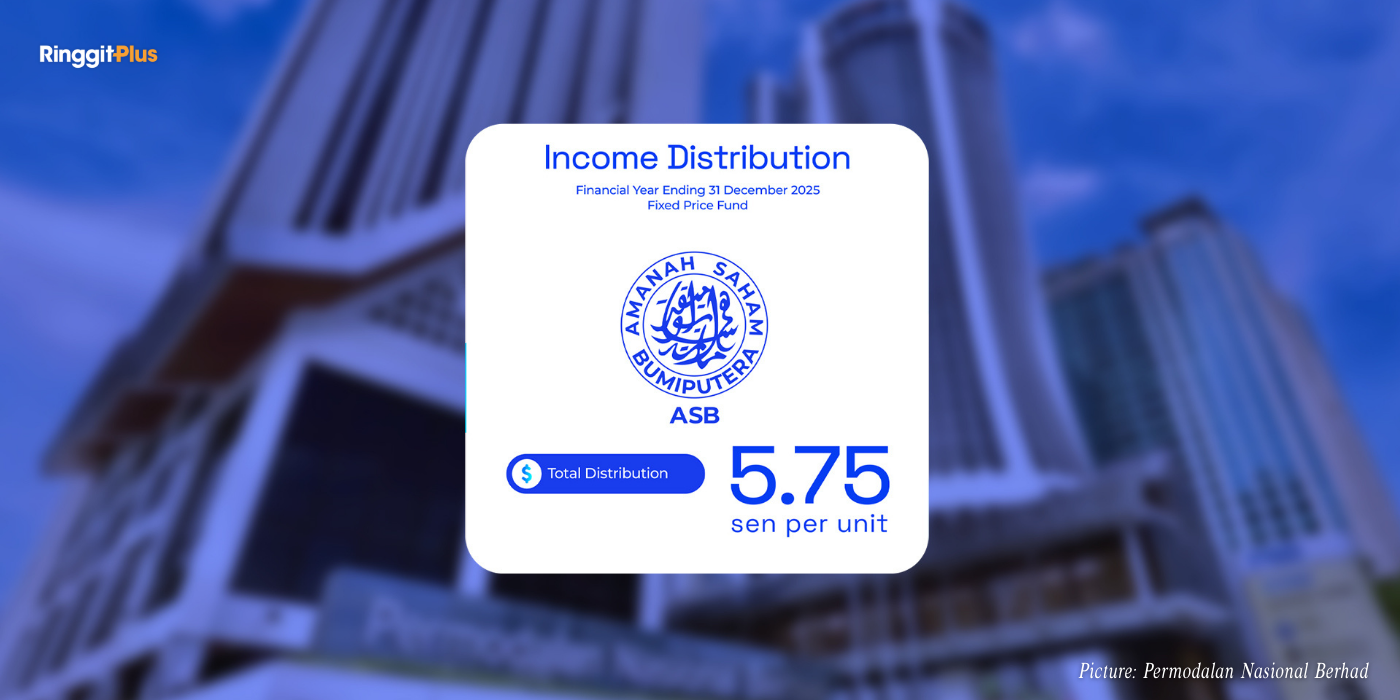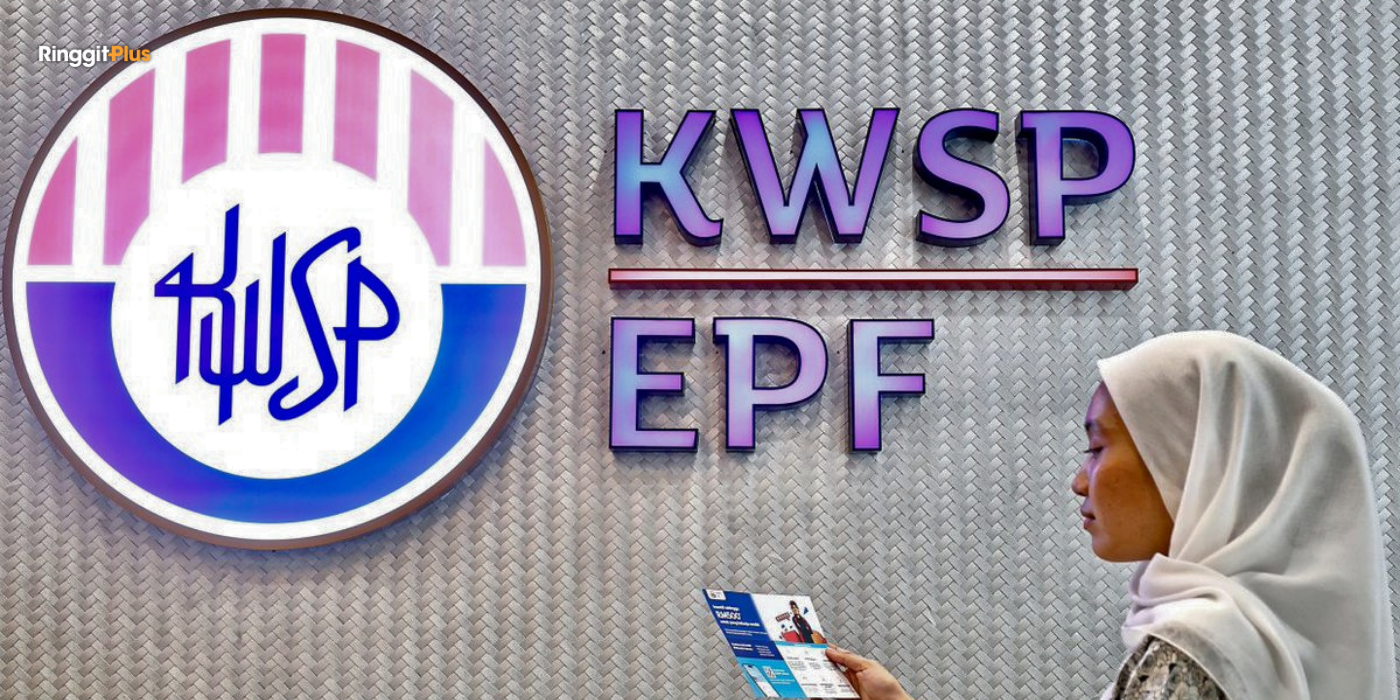Alex Cheong Pui Yin
27th April 2022 - 3 min read

Employees Provident Fund (EPF) members may soon have the choice to save their retirement funds in a savings option that is based on environmental, social, and governance (ESG) factors. This came following a comment by the provident fund’s chief strategy officer, Nurhisham Hussein, who revealed that the EPF is looking to introduce a sustainable savings option by the end of 2022.
According to Nurhisham, this upcoming option will enable members to manage their retirement funds according to their personal principles. Details about its portfolio structure are still sparse as it is still in the early stages of planning, but Nurhisham said that members will be allowed “to allocate their funds to a sustainability fund”.
“This is the first step, we will be including more options later on. This is so that you [EPF members] can put [their] money into what [they] believe in. [We are doing this] because there’s no point in members coming to us saying ‘we want [more] sustainable [options]’ but we don’t give them that choice. I think it’s important to have that option,” said Nurhisham.

At present, EPF members are allowed to choose between two savings options for their retirement fund: the conventional or shariah portfolio. Typically, the returns for the shariah portfolio are slightly lower than the conventional portfolio because shariah assets are not invested in global conventional banking systems, including insurance companies.
Nurhisham further remarked that at present, a majority of EPF members are still more focused on the aspect of returns and how much they can earn via an investment, but this will change with the demographic of its members. He said that millennials and Gen Z members – who make up more than 5.1 million of the EPF’s 7.6 million members – tend to make investments that align with their personal values. This, in turn, has spurred the current demand for sustainable investment options.
Furthermore, Nurhisham said that the launch of a sustainable savings option is in line with the provident fund’s commitment to sustainability. To note, the EPF launched its Sustainable Investment Policy (SIP) at the end of last month to guide its investment decisions by integrating ESG considerations in the investment management process; the provident fund seeks to become fully ESG-compliant by 2030 and climate-neutral by 2050.

Aside from that, Nurhisham noted that businesses and entities that ignore rising concerns about sustainability will risk failure, given the significant focus on sustainable investing in recent times. “There is this question of whether sustainable investments actually provide superior returns, but from what we see, if you are not ESG-compliant, you are not going to be able to provide returns at all. They [investee companies] will simply not get the capital and [investors] will not get their returns. People just won’t invest in you,” he said, adding that this trend applies to both public listed companies and private markets.
Accordingly, Nurhisham shared that the EPF is also currently performing ESG assessment on its existing investments. “ESG is not going to be a feature anymore – it’s going to be part of the system. And if you’re not onboard, you’re going to be left out,” he stated.
(Source: The Edge Markets)









Comments (0)